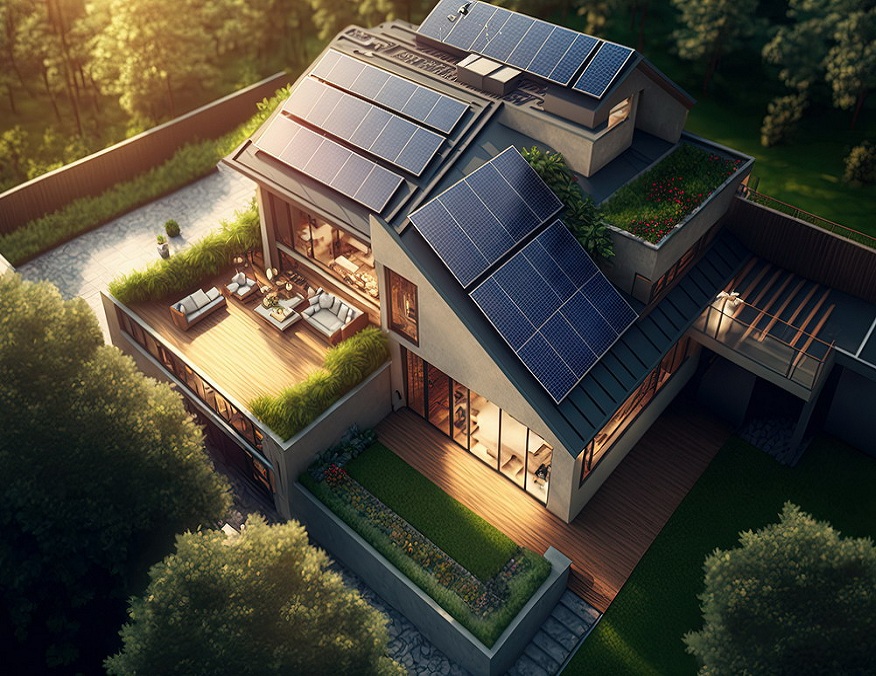Smart homes are growing in prevalence and are changing the way we live by providing seamless connectivity, convenience, and cost savings. They are not only transforming our everyday lives, but they are also promoting sustainable living and energy efficiency.

The Emergence of Smart Homes
People have been discussing the idea of smart homes for decades. However, it wasn’t until the widespread use of the internet and smartphones that this concept was finally turned into a reality. Today, a smart home is no longer a futuristic idea but a rapidly growing market.
A smart home is a residence equipped with interconnected devices that automate and optimize various aspects of our daily lives. From lighting to climate control, security to entertainment, a smart home integrates technology into every aspect of living.
How Do Smart Homes Work?
Every smart home has a central hub that communicates with, and controls all connected devices. This hub can be a dedicated device or a software application on a smartphone or tablet. Through this central control point, users can monitor and manage the various components of their smart home ecosystem.
Smart homes utilize wireless protocols to connect devices and transmit data. These communication technologies facilitate the seamless integration of different smart devices, regardless of their manufacturer. This interoperability allows users to create a cohesive smart home system tailored to their specific needs and preferences.
The Role of Solar Battery Storage Systems in Smart Homes
One of the key issues that smart homes face is figuring out the best way to use energy wisely. As we add more connected devices to our homes, the demand for electricity increases. To address this challenge, smart homes are increasingly adopting renewable energy solutions, such as solar panels and solar battery storage systems.
A solar battery storage system is an essential component of a smart home’s energy management strategy. According to the experts at Vivint Solar, these systems allow homeowners to store excess energy generated by solar panels during the day and use it when sunlight is unavailable. By doing so, smart homes can reduce their reliance on grid electricity, thereby lowering energy bills and minimizing environmental impact.
The integration of solar battery storage systems into smart homes not only promotes sustainable living but also enhances the overall performance of the smart home ecosystem. The stored solar energy can be intelligently distributed across various devices and systems within the home, ensuring optimal energy usage and reducing wastage.
Conclusion
An increasing number of individuals are embracing intelligent home systems. Smart homeshave the power to transform our lifestyles as well as the manner in which we interact with our surroundings. By using advanced technologies like solar battery storage systems, we can make our lives easier and more comfortable while also helping the environment become eco-friendlier and more sustainable.
The widespread adoption of smart homes also offers numerous opportunities for businesses and entrepreneurs. As the demand for smart devices and systems continues to increase, innovative companies will have the chance to develop and market new products and services that cater to this growing market.
Moreover, as smart homes become more widespread, we can expect to see an increased focus on user-friendly interfaces and seamless device integration. This will enable even the most technologically challenged individuals to enjoy the benefits of smart home technology without feeling overwhelmed by its complexities.
In the end, the rise of smart homes is a testament to human ingenuity and our collective desire to improve our quality of life. By embracing these advancements, we are taking control of our energy consumption, reducing our environmental impact, and creating more sustainable, efficient living spaces.


